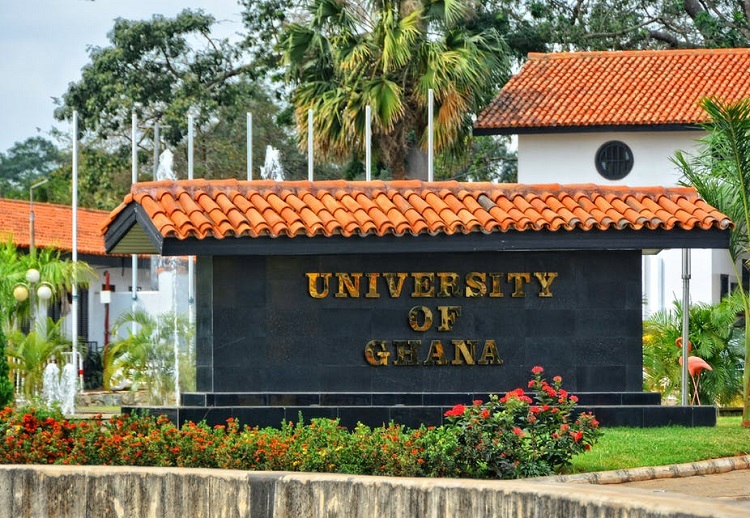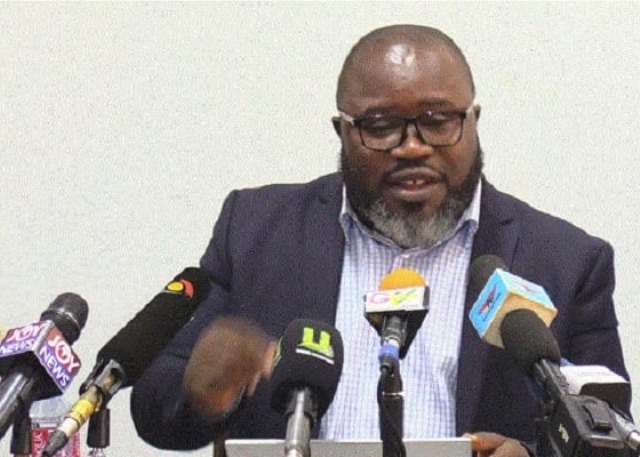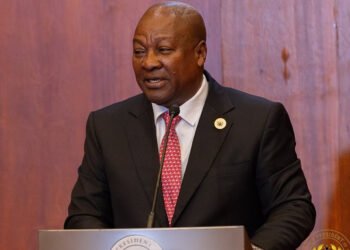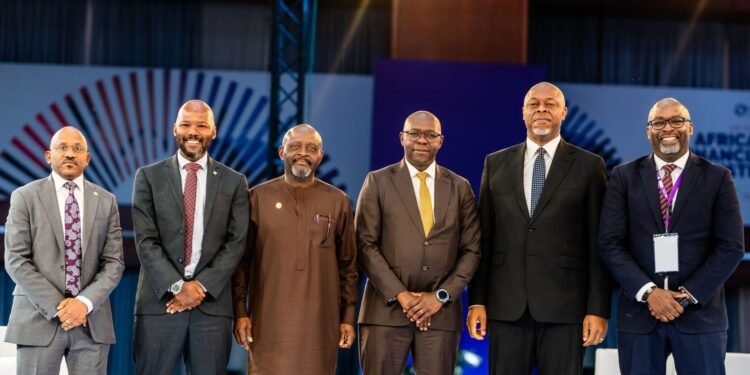Kofi Asare, the Executive Director for Africa Education Watch (Eduwatch), has strongly called for more stringent punitive measures against those involved in exam malpractice.
His impassioned call for tougher sanctions reflects a growing concern among educational stakeholders about the integrity of academic qualifications and the quality of graduates entering the workforce.
“A year ago, Eduwatch engaged UG leadership with evidence of how WASSCE fraud was diluting the quality of students admitted into tertiary institutions. We urged UG to strictly enforce the 1.0 GPA withdrawal rule and apply tougher sanctions for exam malpractice.”
Kofi Asare, Executive Director for Africa Education Watch
Today, Mr. Asare expressed profound encouragement following the University of Ghana’s decisive action in publishing sanctions against a staggering 97 students found to be involved in exam fraud and malpractice.
This public declaration of disciplinary measures signifies a crucial turning point, demonstrating a commitment from a leading tertiary institution to address the issue head-on.
The nature of the sanctions varied depending on the severity of the offense. Students who were caught entering the examination hall with unauthorised foreign materials or were found actively copying during exams were handed a Grade Z, resulting in an automatic failure for the entire semester’s examinations.
This comprehensive penalty aims to send a clear message that such breaches of academic integrity will not be tolerated and will have immediate, severe consequences for a student’s academic standing.

Even more significantly, the University of Ghana took the decisive step of expelling students who were found guilty of impersonation. This particular offence, which strikes at the heart of academic authenticity, was met with the most severe institutional response.
Criminal Prosecution
Kofi Asare, recognising the inherent criminality of impersonation, further urged the University of Ghana to escalate these cases by handing them over to the Ghana Police Service.
His call for police involvement underscores the belief that impersonation is not merely an academic misdemeanour, but a criminal act that should be prosecuted under the full force of the law.
This dual approach of institutional expulsion and legal action aims to create a formidable deterrent against this particularly egregious form of fraud.

The gravity of the situation is amplified by Kofi Asare’s observation that exam fraud has regrettably become “a religion in secondary schools.”
This potent metaphor underscores the pervasive culture where cheating is not just an occasional occurrence but a deeply ingrained practice, almost a ritual.
In light of this disturbing trend, Kofi Asare emphatically charged universities to apply “biting sanctions to exorcise that cancer.”
His strong language reflects the urgency and seriousness of the problem, likening exam fraud to a malignant disease that, if left unchecked, will metastasise throughout the entire educational system, ultimately compromising the value of Ghanaian degrees and the competence of its graduates.
In stressing its call for stricter sanctions, the Executive Director for the education-focused group underscored the need for Ghanaian universities to adopt a zero-tolerance policy for exam fraud.
Name and Shame
This unwavering stance, Kofi Asare asserted, must manifest not only in the application of stiffer sanctions but also, crucially, in the publicizing of these sanctions to “name and shame” offenders.
For him, the act of public disclosure serves a dual purpose, as it acts as a deterrent by highlighting the consequences of malpractice and fosters transparency and accountability within the academic community.
By making examples of those who engage in fraud, Kofi Asare believes universities can send a powerful message that academic integrity is paramount and that those who violate it will face public repercussions.
Looking ahead, Kofi Asare emphasised that Eduwatch awaits further action from all universities regarding the strict enforcement of the 1.0 GPA rule.

This rule, designed to ensure a minimum level of academic performance, is seen as another vital tool in maintaining academic standards and preventing the progression of underperforming students who may have entered through fraudulent means.
The collective effort of all tertiary institutions in rigorously applying both disciplinary sanctions and academic performance benchmarks is deemed essential to truly cleanse the educational system of the pervasive blight of exam fraud.
Kofi Asare concluded with a hopeful yet resolute statement: “And may we all be great!” a testament to his belief that a robust and credible educational system is fundamental to the nation’s progress and the collective well-being of its citizens.
READ ALSO: Fitch Upgrades Ghana to Stable ‘B’- Signalling Strong Recovery






















